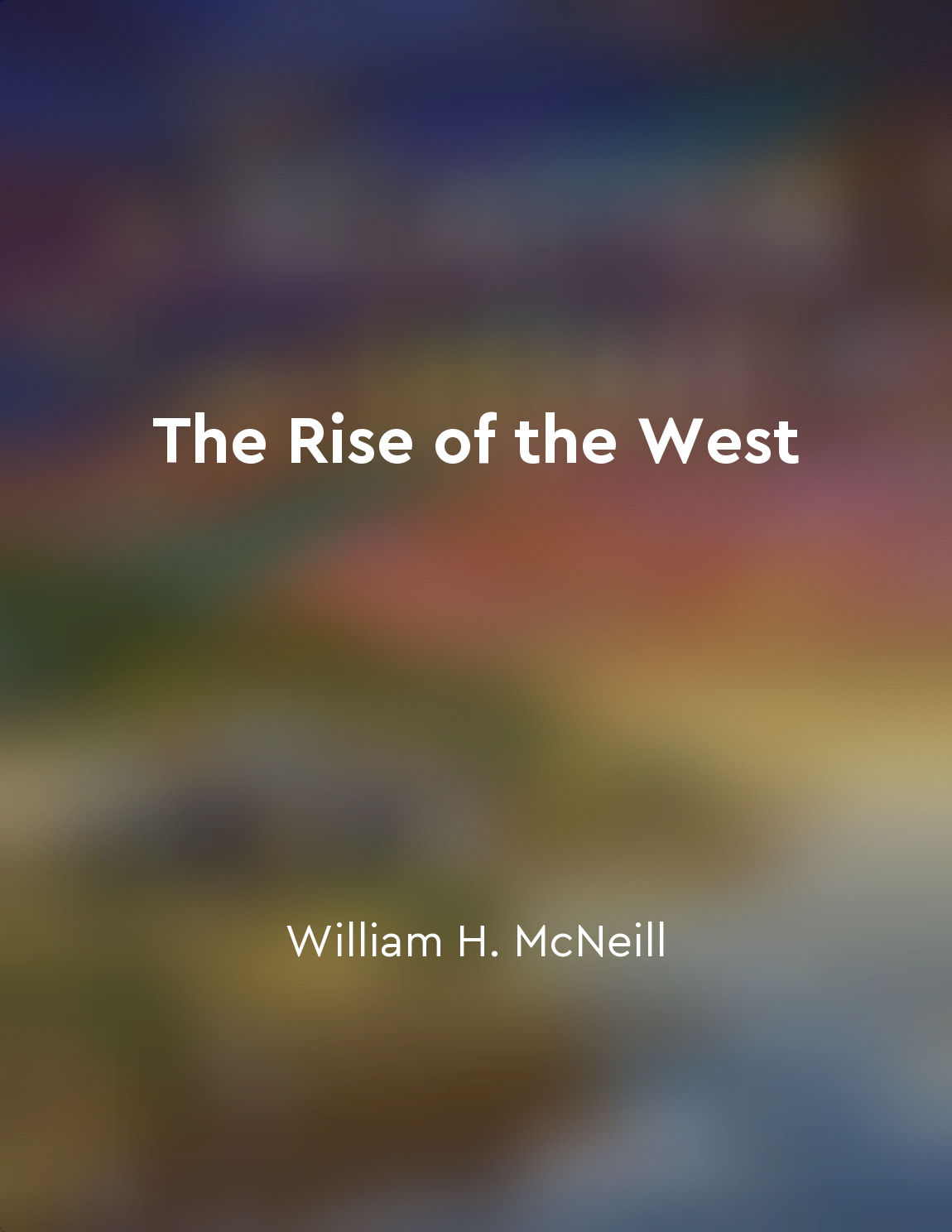Diplomatic maneuvering fails to prevent conflict from "summary" of The Origins of the First World War by Annika Mombauer
The failure of diplomatic maneuvering to prevent conflict is a central theme in the narrative of the events leading up to the First World War. In the years preceding the outbreak of war in 1914, European powers engaged in a complex web of diplomatic negotiations and alliances in an attempt to maintain peace on the continent. However, despite these efforts, the Great War could not be averted. One of the key reasons for the failure of diplomatic maneuvering was the intricate system of alliances that had been established in Europe. These alliances, intended to provide security and stability, instead created a situation where a conflict between two nations could quickly escalate into a full-blown war involving multiple powers. The rigid nature of these alliances made it difficult for diplomats to find a peaceful solution to disputes, as the commitments made to allies often took precedence over the pursuit of diplomacy. Furthermore, the diplomatic efforts to prevent conflict were hindered by a lack of effective communication and understanding between the different powers. Misinterpretation of intentions, miscommunication, and a general lack of trust between nations made it difficult for diplomats to find common ground and negotiate peaceful resolutions to disputes. In many cases, this lack of communication led to misunderstandings and miscalculations that only served to escalate tensions further. Another factor that contributed to the failure of diplomatic maneuvering was the presence of aggressive and expansionist foreign policies pursued by some nations. The pursuit of territorial gains, military dominance, and national prestige often took precedence over the pursuit of peaceful resolutions to conflicts. This aggressive behavior created a volatile environment where diplomatic efforts were frequently undermined by acts of aggression and provocation.- The failure of diplomatic maneuvering to prevent conflict in the years leading up to the First World War can be attributed to a combination of factors, including the rigid alliance system, lack of effective communication, and aggressive foreign policies. Despite the best efforts of diplomats and statesmen to maintain peace, the complex web of alliances and competing national interests ultimately led to the outbreak of a devastating global conflict.
Similar Posts
Trust is a crucial factor
Trust is a crucial factor in any peace process. Without trust between the parties involved, it is nearly impossible to make pro...

I focused on legacy and cultivating a positive reputation
In my endeavors, I aimed to leave behind a lasting legacy and build a favorable reputation. I understood the importance of how ...
Foreign policy initiatives
Foreign policy initiatives are essential tools in shaping a nation's strategic posture on the world stage. These initiatives ar...
European security architecture
The concept of European security architecture refers to the framework of institutions, treaties, and norms that govern security...

Nationalism can increase the likelihood of war
Nationalism has a way of inflaming passions and driving people towards conflict. It is the belief in the superiority of one's o...

Education played a key role in societal progress
Education has always been the key to societal progress. From the earliest days of human history, knowledge has been passed down...

Technological advancements lead to societal inequalities
Technological advancements, while contributing to the overall progress of society, have also been a source of societal inequali...
The war exposed the realities of modern warfare
The Great War was supposed to be a brief and glorious conflict, a demonstration of national power and military might. However, ...

